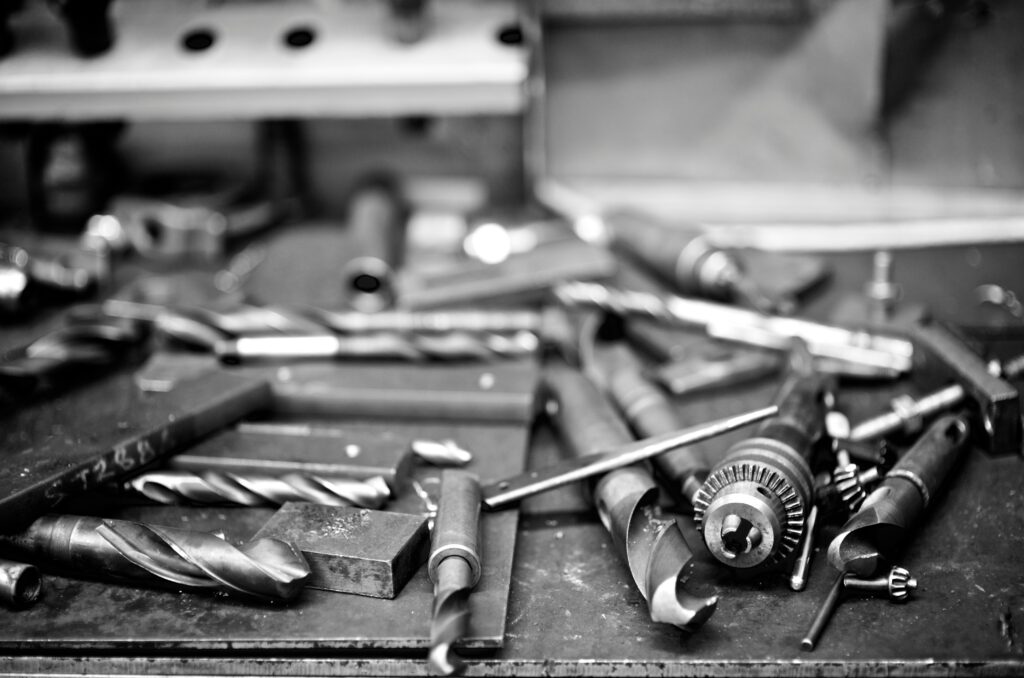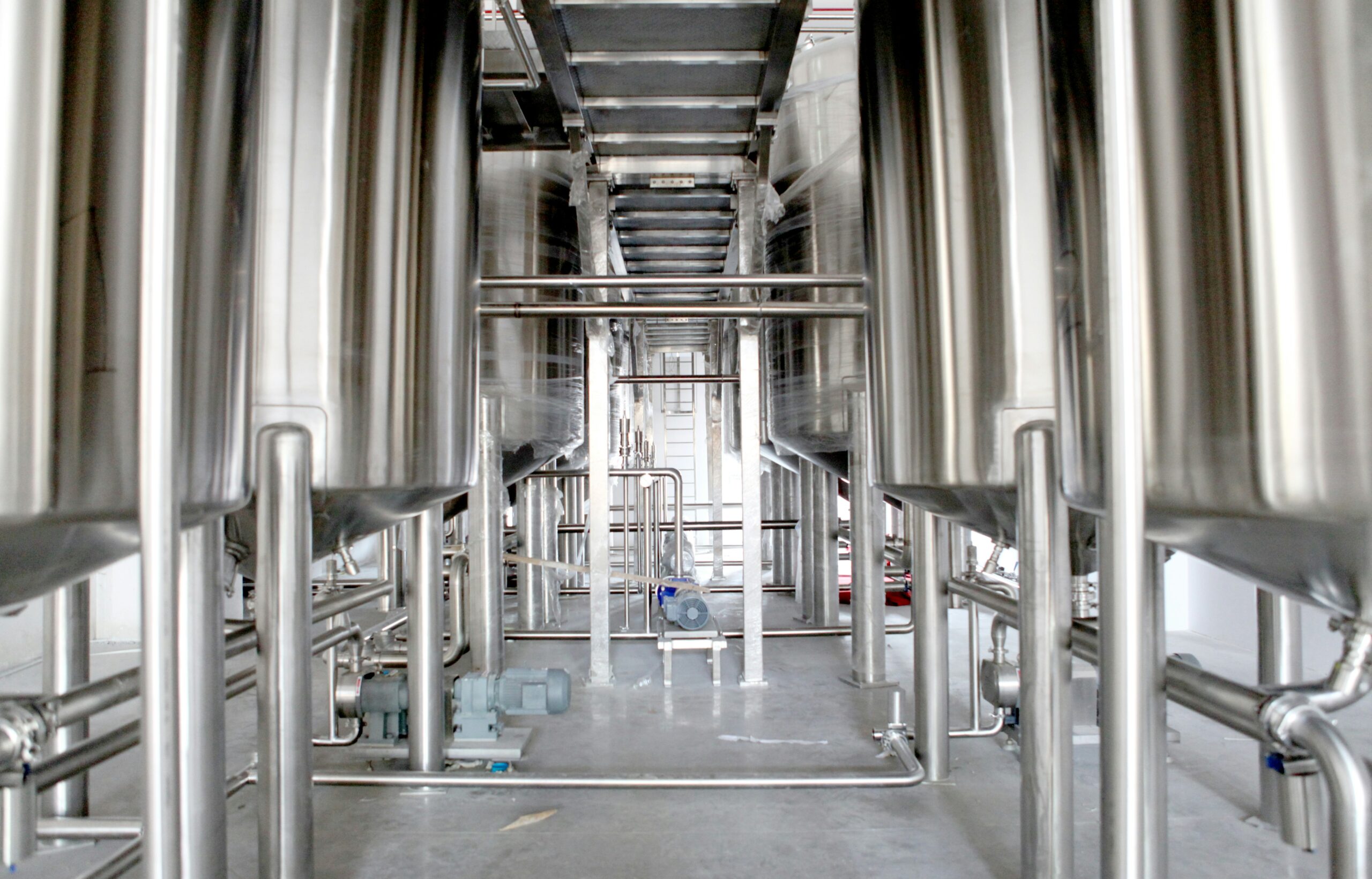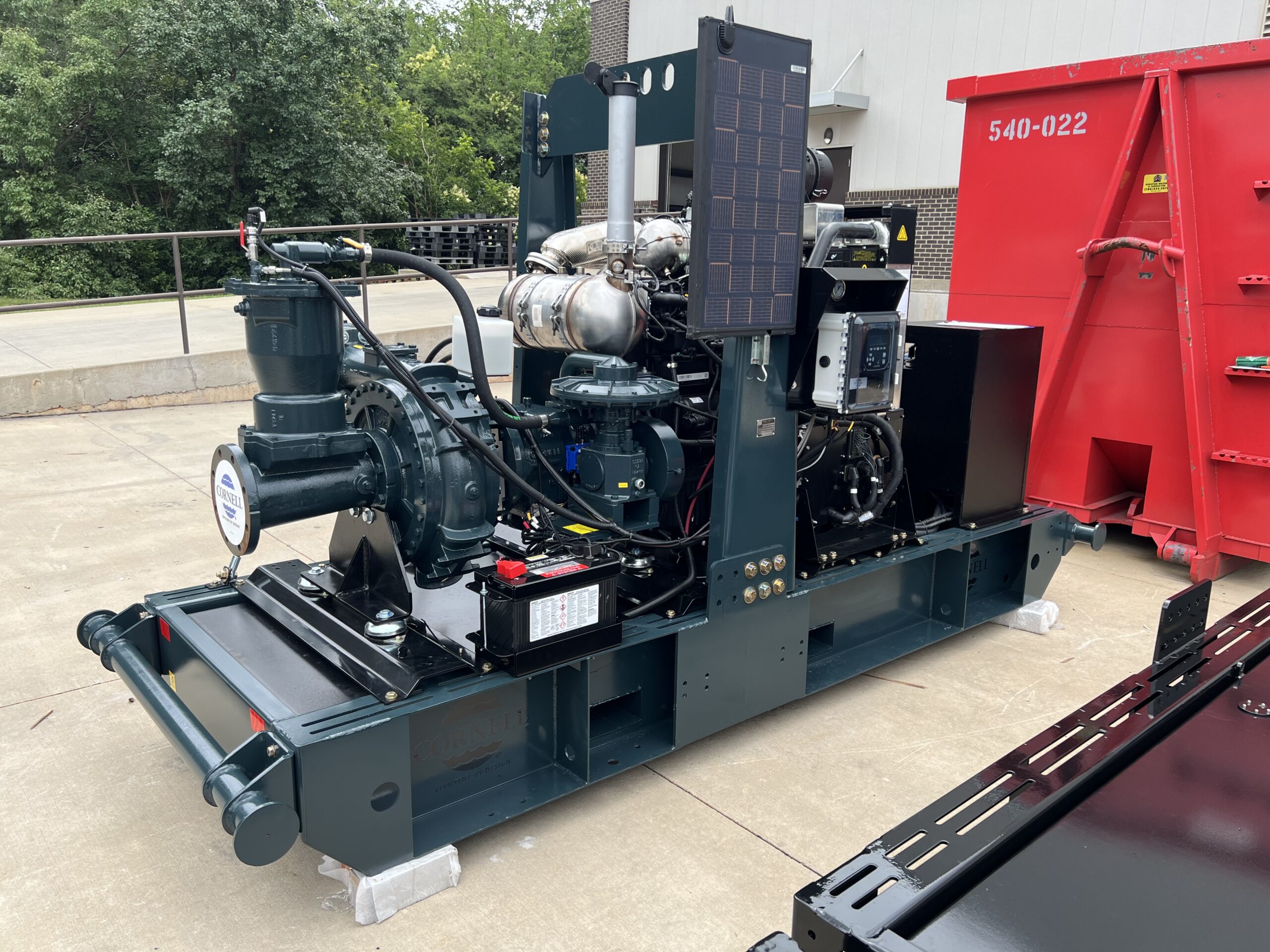Unplanned Downtime Is More Expensive Than Planned Maintenance
A centrifugal pump failure rarely happens at a convenient moment. Seal leaks, worn wear rings, bearing failures, or impeller damage can stop production or create environmental and safety concerns. Waiting days or weeks for replacement parts compounds the costs. Crews sit idle. Projects stall. Backup units are diverted. Emergency service calls add expense.
Stocking genuine OEM parts significantly reduces the risk of prolonged outages by enabling immediate repair and rapid return to service.
Genuine Parts Protect Efficiency and Performance
Centrifugal pumps rely on precise fits, materials, and tolerances. Wear ring clearances, impeller geometry, shaft finish, and seal compatibility all affect hydraulic efficiency and reliability. Genuine parts are engineered to perform within the original design envelope of the pump.
Non-OEM components can introduce mismatched tolerances, poor metallurgy, or inconsistent machining. These deviations cause increased wear, reduced efficiency, vibration issues, and seal failures. Over time, that can shorten pump life and increase total cost of ownership.
Material Quality Matters
Pumps in abrasive, corrosive, or high-pressure environments cannot rely on generic material substitutions. OEM parts are available in the same materials counted on for specific duty points. This includes cast iron, ductile iron, stainless steels, duplex alloys, high chrome white iron, and engineered elastomers.
Using substitutes can seem cost-effective upfront but typically results in premature wear, process upsets, or even safety concerns.
Faster Repairs Keep Operations Running
A strong spare parts shelf includes wear rings, seals, bearings, impellers, gaskets, and hardware kits for the most common maintenance intervals. Facilities with standardized pump fleets, such as multiple Cornell models, are able to reduce inventory while still covering essential parts.
This approach allows maintenance teams to complete repairs in hours rather than days. Plants avoid the costly cycle of rush orders and overnight freight.
Support Warranty and Equipment Life
Genuine OEM components ensure that pumps remain within warranty requirements. They also extend the life of rotating equipment by preserving design intent and reducing the strain on motors, couplings, bases, and piping systems.
OEM parts also integrate seamlessly with factory-tested assemblies such as cartridges, bearing frames, and seal chambers.
A Small Investment That Protects a Major Asset
Centrifugal pumps often support multi-million-dollar processes. A relatively modest investment in genuine spares functions as insurance against costly downtime and operational risk. Facilities that make parts stocking a priority operate more efficiently, repair issues faster, and maximize the lifespan of their equipment.
For operators who rely on performance and reliability, keeping genuine OEM spare parts on the shelf is not an expense. It is a strategic maintenance practice that pays for itself every time a pump needs attention.




